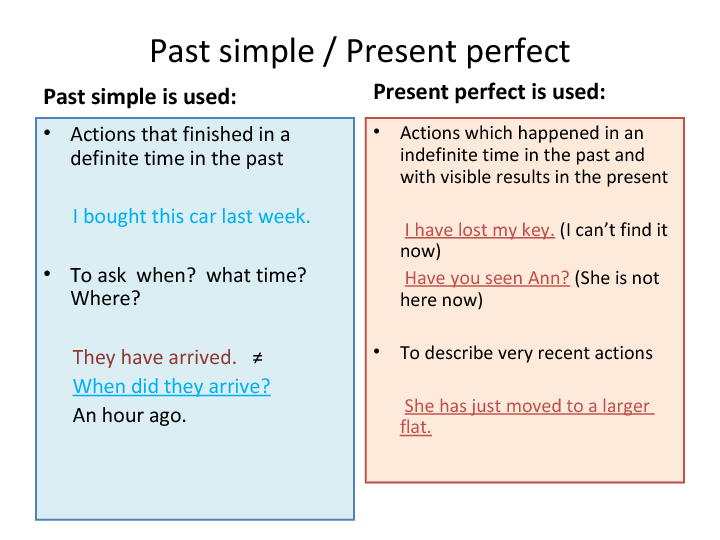Hello there! Did you know that when we speak about actions which finished in the past, we are using the Past Simple tense? Here you have a little explanation about the grammar points that we use within this topic.
Many verbs are regular, which means they only need to have -ed at the end to be used in simple past tense. A lot of the verbs (actions) that we use are irregular. Its means that they do not follow clear rules, but you have to study and memorize them individually.
Let's begin with the irregular verbs since you need them to express your ideas in this grammar.
Here you have two lists of common irregular verbs in Past Simple.


As you could see, there are a lot of verbs to memorize. This is a very famous tip to ease that process.
Finally, the best technique is to practice a lot. These are some games to review irregular verbs in Past Simple tense.
https://www.liveworksheets.com/ld32447cs
https://learnenglishteens.britishcouncil.org/grammar/beginner-grammar/past-simple-irregular-verbs
After we have covered the irregular verbs, we may continue with the specific grammar for Simple past tense. Check the grammar rules for positive and negative sentences, and also questions.
Please watch the following short story so you can see this grammar in context. Note: the negative grammar form always includes "did + not", that can be contracted into didn't in informal contexts.
Games https://www.gamestolearnenglish.com/past-tense-game/























